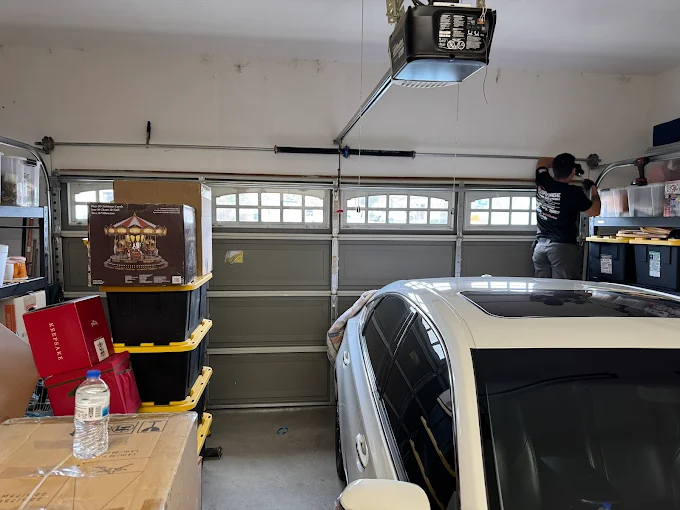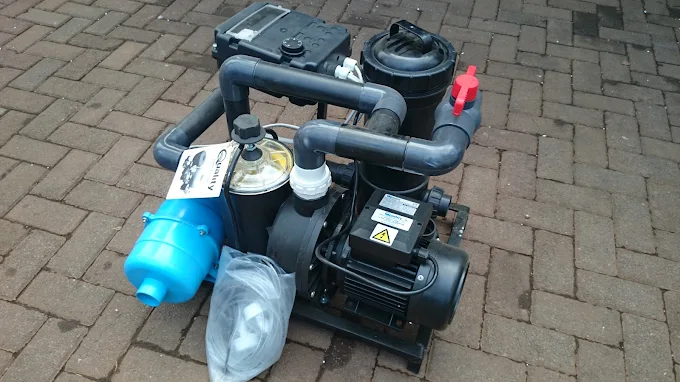In today’s fast-paced farming environment, the movement of agricultural equipment and goods is more critical than ever. Whether it’s shifting a combine harvester across county borders or transporting bulk grain to a regional depot, both agricultural machinery haulage and agricultural transport form the logistical backbone of modern agriculture.
This article delves deep into the world of farm-related logistics, highlighting the unique challenges, specialised equipment, legal requirements, and best practices for transporting everything from tractors to produce across the UK.
What Is Agricultural Machinery Haulage?
Agricultural machinery haulage refers to the professional transportation of heavy-duty farm equipment. This includes machines such as:
- Tractors
- Combine harvesters
- Seed drills
- Balers
- Ploughs
- Sprayers
These machines are often oversized, cannot be driven long distances on public roads, and require specialist trailers and handling equipment to move legally and safely.
Haulage providers for this sector are trained in handling complex loads and often utilise low loaders, step-frame trailers, and extendable platforms. Their goal? To move valuable machinery between farms, dealerships, and service centres without causing damage or delay.
What Does Agricultural Transport Encompass?
Agricultural transport is a broader term than machinery haulage. It refers to the movement of:
- Livestock
- Grain and harvested crops
- Silage and hay bales
- Fertilisers and pesticides
- Diesel and agricultural fuels
- Farming tools and spare parts
In short, anything that helps a farm run efficiently and productively falls under agricultural transport.
Why Is Specialised Haulage Necessary in Agriculture?
Agriculture is unlike any other industry. Its logistics requirements are seasonal, equipment-heavy, and often urgent. Here’s why specialised haulage is not just beneficial—it’s essential:
1. Oversized and Heavy Equipment
Many farm machines exceed standard road weight and size limits. For example, a modern combine harvester can weigh over 18 tonnes and span more than 3 metres wide. Transporting this legally requires:
- Notification to local highways authorities
- Escort vehicles
- Careful route planning to avoid narrow lanes, low bridges, and weight-restricted roads
2. Time-Sensitive Deliveries
Farmers operate on tight schedules dictated by weather and crop cycles. Equipment needs to be delivered on time to avoid costly delays in sowing or harvesting.
3. High-Value Loads
Agricultural machines can cost upwards of £100,000. Safe handling, expert strapping, and comprehensive insurance are non-negotiable.
4. On-Farm Access
Delivery vehicles must often navigate narrow, muddy or uneven terrain to reach remote farms. This requires experienced drivers and off-road capable transport solutions.
Legal Considerations in Agricultural Haulage
Moving agricultural machinery in the UK involves several legal obligations:
- Movement Orders & Permits: Required for wide or heavy loads.
- Maximum Load Limits: Vehicles must adhere to UK weight regulations.
- Marking & Lighting: Oversized vehicles must be marked with warning signs and lights.
- Tachograph Rules: Drivers must comply with regulations governing working hours and breaks.
Failure to comply can lead to penalties, vehicle impoundment, or delays that impact farm productivity.
How to Choose the Right Agricultural Haulage Partner
With so much at stake, selecting the right haulage company is crucial. Look for providers that offer:
✅ Industry-Specific Experience
A general haulage firm may not understand the unique needs of the agricultural sector. Choose a company that routinely handles farm machinery and understands seasonal demand.
✅ Specialised Fleet
Ensure the haulage company owns low loaders, winch-equipped trailers, and other machinery suitable for agricultural tasks.
✅ Nationwide Coverage
Whether you’re farming in Lincolnshire, Yorkshire, Devon or the Scottish Borders, choose a firm that covers all regions to ensure flexibility and convenience.
✅ Emergency Response Capability
When breakdowns or harvest emergencies strike, you’ll need fast, responsive support—often at short notice.
Seasonal Peaks in Agricultural Transport
Certain times of the year see a spike in demand for both machinery haulage and crop transport services. These include:
- Pre-planting season (Spring): Transporting seeders, sprayers and tractors.
- Harvest season (Summer/Autumn): Moving combines, trailers and grain to silos.
- Post-harvest maintenance (Winter): Returning leased machinery and transporting parts for servicing.
Booking services in advance during these peak windows can help secure better rates and avoid last-minute delays.
Sustainability in Agricultural Logistics
As the agricultural industry faces pressure to lower its carbon footprint, haulage and transport firms are making changes, such as:
- Upgrading fleets to Euro 6-compliant vehicles
- Investing in HVO biofuel-powered trucks
- Optimising routes with telematics and GPS
- Combining loads to reduce trips and fuel consumption
Farmers who prioritise eco-conscious practices can now partner with transport firms that share the same values.
Future Trends in Agricultural Haulage
- Telematics & Real-Time Tracking: Farmers can now track machinery deliveries live and receive ETA alerts via mobile apps.
- Autonomous Vehicle Transport: Trials are underway for self-driving tractors and delivery systems in enclosed farm networks.
- Modular Trailers: New trailer tech is improving safety and efficiency for carrying multi-functional machines.
Conclusion: Transport That Keeps Agriculture Moving
From precision machinery to perishable goods, reliable and professional agricultural machinery haulage and agricultural transport is essential for a productive farming operation. With farming becoming more tech-driven and time-sensitive, the demand for expert haulage partners is growing across the UK.
Investing in the right transport services ensures that your farm runs smoothly, your machinery arrives safely, and your products reach their destination on time.




